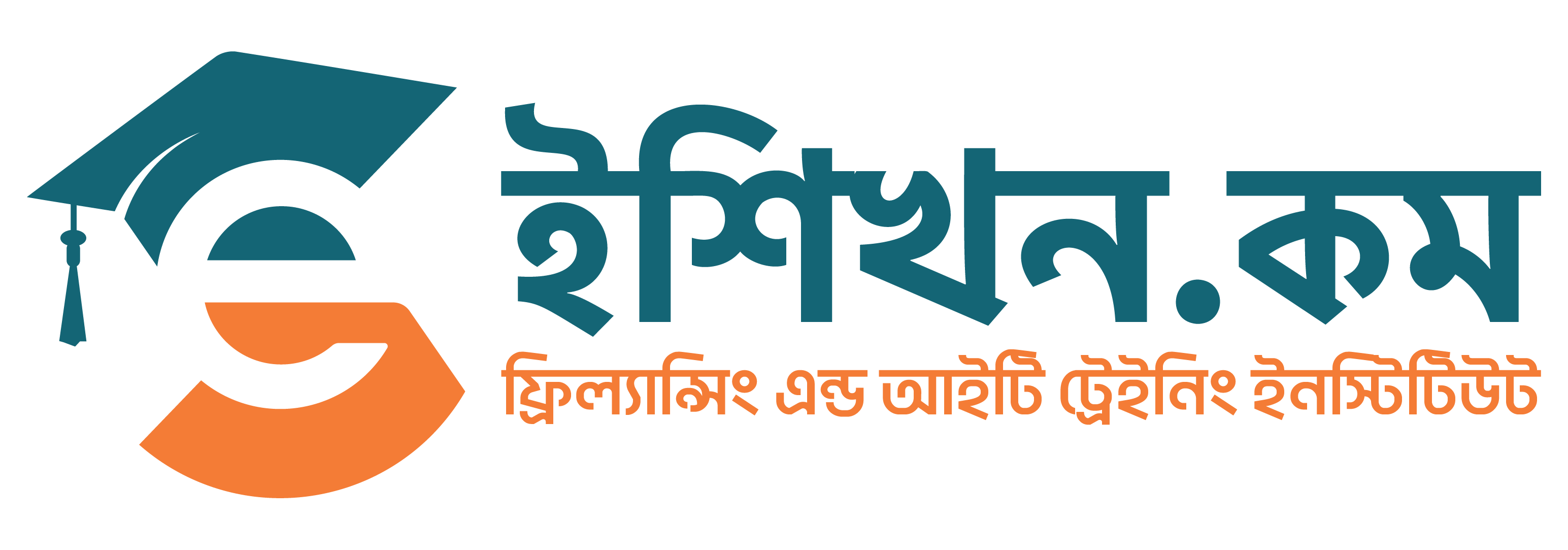
Romantic period (1798-1832)
This age began in 1798 with the first edition of Wordsworth’s Lyrical Ballads and ended with the first Reformation Act of 1832. This period is also called The Revival of Romanticism because the romantic ideals of the Elizabethan period revived during these years. Lyrical Ballads brought a great change in literature—both in subject and style. The important events of the age were:
- After French Revolution it was accepted that every individual was free and equally important.
- Small industries disappeared and large industries with huge capital developed.
- Machines were widely introduced in coal and iron mines which multiplied productions.
- Steam-engines were used in ships and trains. The train was first introduced in 1830.
- Industrialization created lots of slums, child labor and labor problems.
- Ireland was united with England in 1801.
- Catholic Emancipation Act was passed in 1829 and religious equity was ensured.
- In 1840 the Penny Post was introduced
Major Writers and Their Major Works:
- William Wordsworth (1770-1850), is known as Poet of Nature. Lyrical Ballads, The Prelude and other poems.
- Samuel Taylor Coleridge (1772-1834), is known as Super Natural Poet. Biographia Literaria, ‘The Rime of the Ancient Mariner’ and some other poems.
- Lord Byron (1788-1824): Don Juan, The Vision of Judgment.
- Percy Bysshe Shelley (1792-1822): Prometheus Unbound, Adonais and other poems, A Defence of poetry.
- John Keats (1795-1821), is known as the Poet of Beauty. Endymion, Hyperion, Odes and other poems, Letters.
- Jane Austen (1775-1817), an anti romantic novelist in the Romantic Age. She is called so because of her stern attitude against youthful passion. Pride and Prejudice, Sense and Sensibility, Mansfield Park, Emma.
- Charles Lamb (1775-1834): The Essays of Elia, The Last Essays of Elia.
- William Hazlitt (1778-1830), a critic. The Spirit of the Age, The Dramatic Literature of the Age of Elizabeth.
Literary Features of the Period:
This Period is known as the second creative period of English literature, the Elizabethan Age being the first. The literature of this age is largely poetical. It is the golden age of the lyric. The characteristics of this period are: (1) high imagination, (2) subjectivity, (3) medievalism, (4) supernaturalism, (5) revolutionary zeal, (6) primitivism or spontaneity, (7) excessive interest in Nature.
William Blake (1757-1828)
both a poet & painter**
Works – Marriage of Heaven & Hell
William Wordsworth (1770-1850)
He is called ‘Poet of Nature’*, ‘Poet of Childhood’ , ‘Lake poet’
Wordsworth was inspired by – the French Revolution
Works – The Solitary Reaper(romantic poem), The Daffodils(poem), The Escursion,
The child is father of a man’ is taken from his writings
Ten thousand saw at a glance tossing their heads in sprightly dance – Daffodils
S.T. Coleridge (1772-1834)
He is also called ‘Lake poet’ , poet of Supernaturalism, Opium Eater
The English poet who addicted to opium
He prayeth best who loveth best*
Works – Kubla Khan(a verse)**
Water, water everywhere… not a drop to drink occurs in – The Ancient Mariner. *
Lord Byron (1788-1824)
The Rebel poet in English literature. *
Death is ‘a short sleep’*
Percy Byssi Shelley’s (1792-1822)
He was called the ‘Revolutionary poet’ , ‘Poet of Hope & Regeneration’
Works –The Revolt of Islam,
Our sweetest songs are those that tell of saddest thoughts’ quotation from – To a Skylark*
We look before & after & pine for what is not – To a Skylark*
Oh lift me as a wave, a leaf, a cloud; I fall upon the thorns of life! I bleed.’ – Ode to the west wind. *
If winter comes can spring be far behind – Ode to the west wind. *
Poets are the unacknowledged legislators of the world*
John Keats (1795-1821)
Is called the ‘poet of beauty’.
Was the poet of Romantic Age. Died of Tuberculosis.
A famous English poet who was professionally known as a man of medicine.
A thing is joy for ever’rsquo; was state by – John Keats.
Heard melodies are sweet, but those unheard are sweeter’ is quoted by – Keats.
Works – Ode on a Grecian Urn , ‘Beauty is truth, truth is beauty’
My heart aches, & a drowsy numbness pains. My sense, as though of hemlock I had drunk’ – Ode to a Nightingale.
Jane Austen (1775-1832), Novelist
Sense & Sensibility, Pride & prejudice,
Sir Walter Scott (1771-1832), Novelist
Patriotism, Ivan Hoe*
Charles Lamb 1775-1834), British essayist
Some books are to be tested, others to be swallowed and some few to be chewed & digested – Charles Lamb
এই লেকচারের পরের পেইজে যেতে নিচের ![]() …. তে ক্লিক কর।
…. তে ক্লিক কর।
